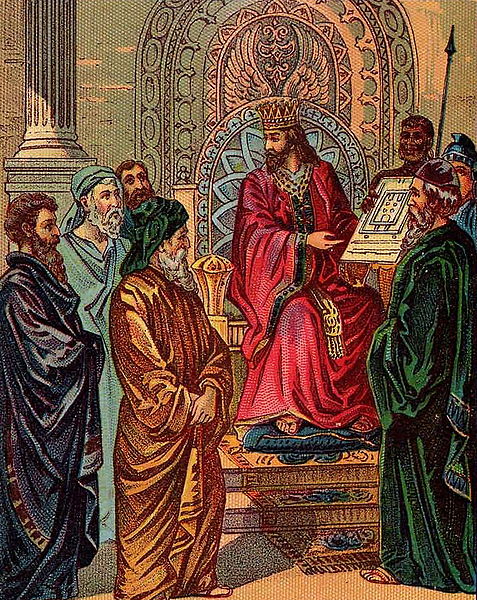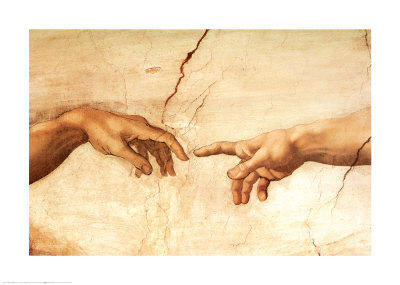 I started reading ‘Bringing Up Girls’ by James Dobson yesterday, but I stopped after the first few chapters because I was getting annoyed with it. He keeps inserting political opinions into the text. That’s right, in a book about raising daughters, he wants me to hear all about his political leanings.
Why do we do that in Christianity? Politicize our faith?
I started reading ‘Bringing Up Girls’ by James Dobson yesterday, but I stopped after the first few chapters because I was getting annoyed with it. He keeps inserting political opinions into the text. That’s right, in a book about raising daughters, he wants me to hear all about his political leanings.
Why do we do that in Christianity? Politicize our faith?
I used to think it was important for Christians to be involved in politics.
Then I became adamantly anti-political party and anti-politician.
I’ve now arrived at the place where the politics of this planet do not matter to me. I’m pretty sure they didn’t matter to Jesus, either.
The people following him wanted to make him a king, but he wouldn’t let them. About the multitudes who were starting to follow him, the bible says, “but Jesus didn’t trust them, because he knew human nature. No one needed to tell him what mankind is really like.” (John 2:24-25)
That’s why, when he was entering Jerusalem and everyone is cheering and giving him a regal entrance, Jesus ends up crying for the city. (Luke 19:41) He knew that days later some of the same people shouting ‘Hosanna’ would be shouting ‘Crucify Him!’ (Luke 23:21)
When he had a great crowd, instead of fomenting a political movement, he gave the ‘eat my flesh, drink my blood’ talk and many left him. (John 6:22-66)
When Pilate questioned Jesus about his rule, Jesus said “My Kingdom is not an earthly kingdom. If it were, my followers would fight to keep me from being handed over to the Jewish leaders. But my Kingdom is not of this world.” (John 18:36)
Jesus didn’t come to win a seat on the Sanhedrin and enact new legislation. Heck, he didn’t even care about unseating the oppressive Roman government which was occupying Israel. He commends the faith of a centurion (Matthew 8:10), and even advocates paying taxes to this government oppressing his people!! (Luke 20:25)
I’m not saying you shouldn’t vote or do your civic duty. I’m just saying I don’t think political activism is what we are called to. In Galatians 5, where Paul lists the fruit of the Holy Spirit, he talks about the fact that those fruit can never be outlawed. He’s basically saying that the genuine Christian life is above and beyond earthly rules and regulations.
Some may disagree with me here, and I’m okay with that. I just think when Christians get into the political game, they cannot accomplish what they are called to accomplish. Getting abortion outlawed won’t change the underlying problems that cause a girl to get pregnant in the first place, and won’t help her be a good mother to her child afterwards.
If the law could save, we wouldn’t have needed Jesus.
We’re called to bring heaven to earth and the way to do that is not through politics and laws.
Okay, I’m done with this soapbox now, if anybody needs to borrow it…



















 I think God works more like a crock pot than a microwave.
I think God works more like a crock pot than a microwave.